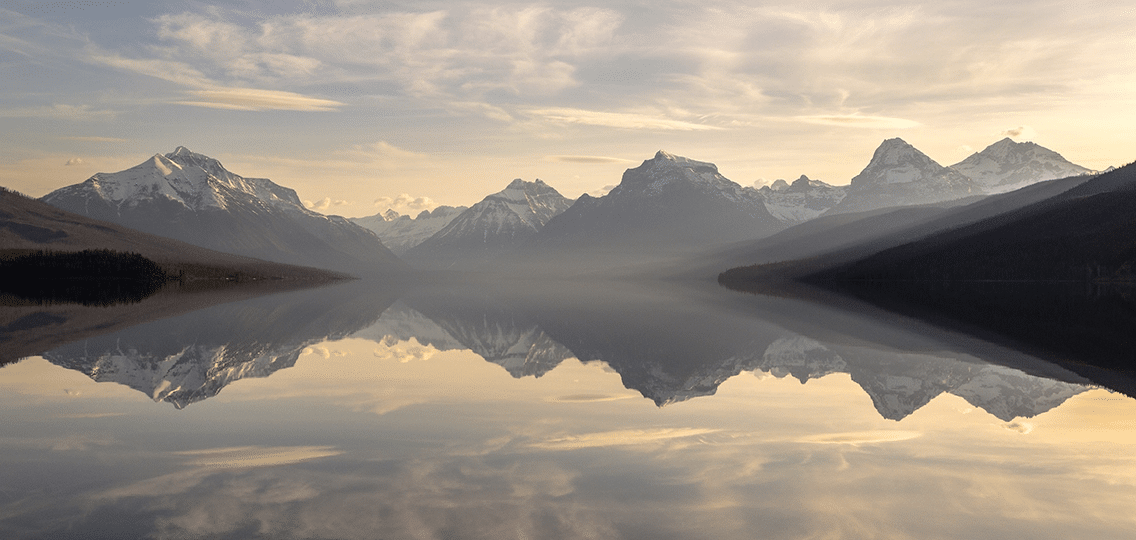The ruling will ensure public interest cases will be more likely to have their day in court
CALGARY/TERRITORIES OF THE BLACKFOOT AND PEOPLES OF TREATY 7, HOME TO MÉTIS NATION OF ALBERTA, REGION III – Ecojustice celebrates Beaver Lake Cree Nation’s victory in their advance costs case at the Supreme Court of Canada. The Alberta Court of Queen’s Bench ordered Canada and Alberta to pay part of Beaver Lake Cree Nation’s legal fees in their case aiming to uphold their Treaty rights, which they argued were infringed upon by the cumulative impacts of oil and gas, tar sands, and other industrial development. The Alberta Court of Appeal reversed that decision. Today, the Supreme Court of Canada overturned the Court of Appeal’s decision, and clarified what the First Nation will be required to prove to be awarded advance costs.
The Supreme Court of Canada has determined that in some cases, people bringing cases that are publicly important can apply to the court for protection from some of the costs of litigation before the case is heard. A court might order the other party, usually the government, to pay some or all of the legal fees of the person or organization bringing the case or protect the person or organization from having to cover the legal fees of the defendant if they lose the case.
Advance costs awards are one tool to help level the playing field for those who have historically been (and continue to be) marginalized and therefore denied access to justice.
Ecojustice intervened in the case in alignment with the Beaver Lake Cree Nation’s arguments to speak to the need for the court to consider all the costs and financial risks that a public interest litigant faces when bringing a case.
Andhra Azevedo, staff lawyer at Ecojustice, said the following in response to today’s victory:
“Access to justice in Canada is not equal – especially for Indigenous communities dealing with the fallout of centuries of state repression and disregard. It can be prohibitively expensive to undertake litigation to defend against governments that illegally breach sacred Treaty rights or corporations that use peoples’ communities as dumping grounds for pollution. This ruling helps those who have been shut out of the justice system to continue to bring claims in the public interest.
“This ruling is a step towards equitable access to justice. A First Nation government, an individual, or an environmental organization will all have different financial constraints on their ability to bring a case. Fair and equitable access to justice requires courts to recognize these different circumstances.”
About
Ecojustice uses the power of the law to defend nature, combat climate change, and fight for a healthy environment. Its strategic, public interest lawsuits and advocacy lead to precedent-setting court decisions and law and policy that deliver lasting solutions to Canada’s most urgent environmental problems. As Canada’s largest environmental law charity, Ecojustice operates offices in Vancouver, Calgary, Toronto, Ottawa, and Halifax.

